Post-Traumatic Stress Disorder (PTSD) is a complex mental health condition that emerges in the aftermath of experiencing or witnessing a deeply distressing event. As those affected by PTSD navigate their daily lives, they often encounter a myriad of symptoms that can disrupt normal functioning, with memory issues being a significant concern. These memory challenges can manifest in various forms, from everyday forgetfulness to fragmented or absent recollections of the trauma itself. Understanding the intricate dynamics between trauma and memory impairment is crucial for comprehending the full impact of PTSD on cognitive processes. This article delves into the nuances of how PTSD can potentially lead to memory loss, offering insights into the ways traumatic experiences can alter the brain's capacity to store and retrieve memories.
How Trauma Affects Memory
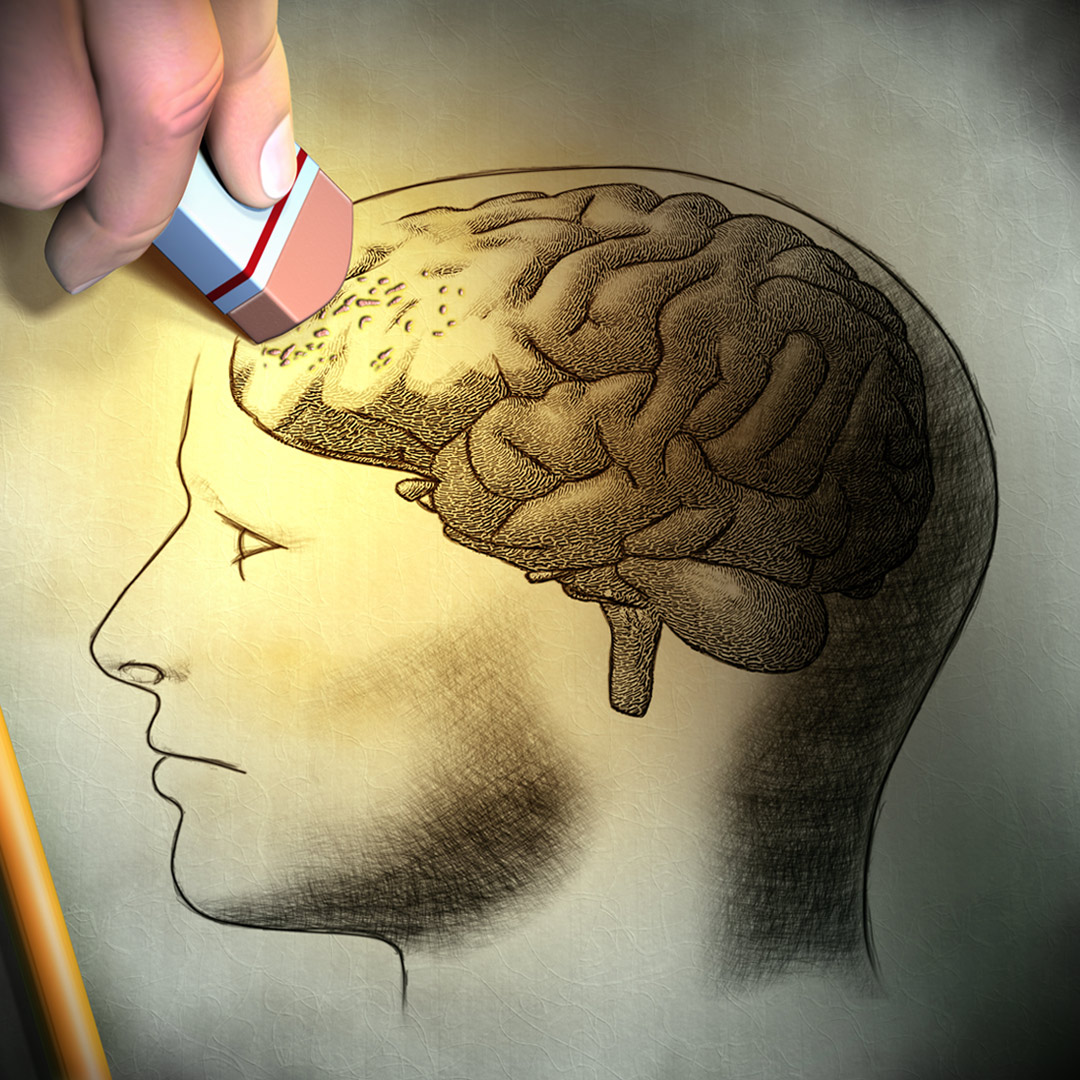
Memory is crucial for our identity and daily functioning. When an individual develops PTSD, the brain's capacity to process and store memories may be altered. Studies suggest that PTSD memory loss is a common symptom among sufferers, affecting their quality of life. But can PTSD cause memory loss to a significant extent? The answer may lie in understanding how trauma affects the brain's memory centers. The hippocampus, a region of the brain intimately involved in forming new memories, can be particularly affected by traumatic experiences. During traumatic events, the body's stress response floods the brain with hormones like cortisol, which can have a lasting impact on neural circuitry. This hormonal surge can disrupt the hippocampus and impede its ability to consolidate memories effectively. Moreover, the amygdala, which governs emotional processing, becomes hyperactive, often enhancing the recall of distressing memories while making it difficult to access or stabilize other types of memories. This imbalance could explain why individuals with PTSD frequently experience intrusive memories of the traumatic event while struggling with everyday memory retention. By exploring these neural dynamics, researchers hope to devise targeted treatments that can help alleviate memory-related symptoms in PTSD sufferers, ultimately improving their overall cognitive function and quality of life..
The Role Of The Hippocampus
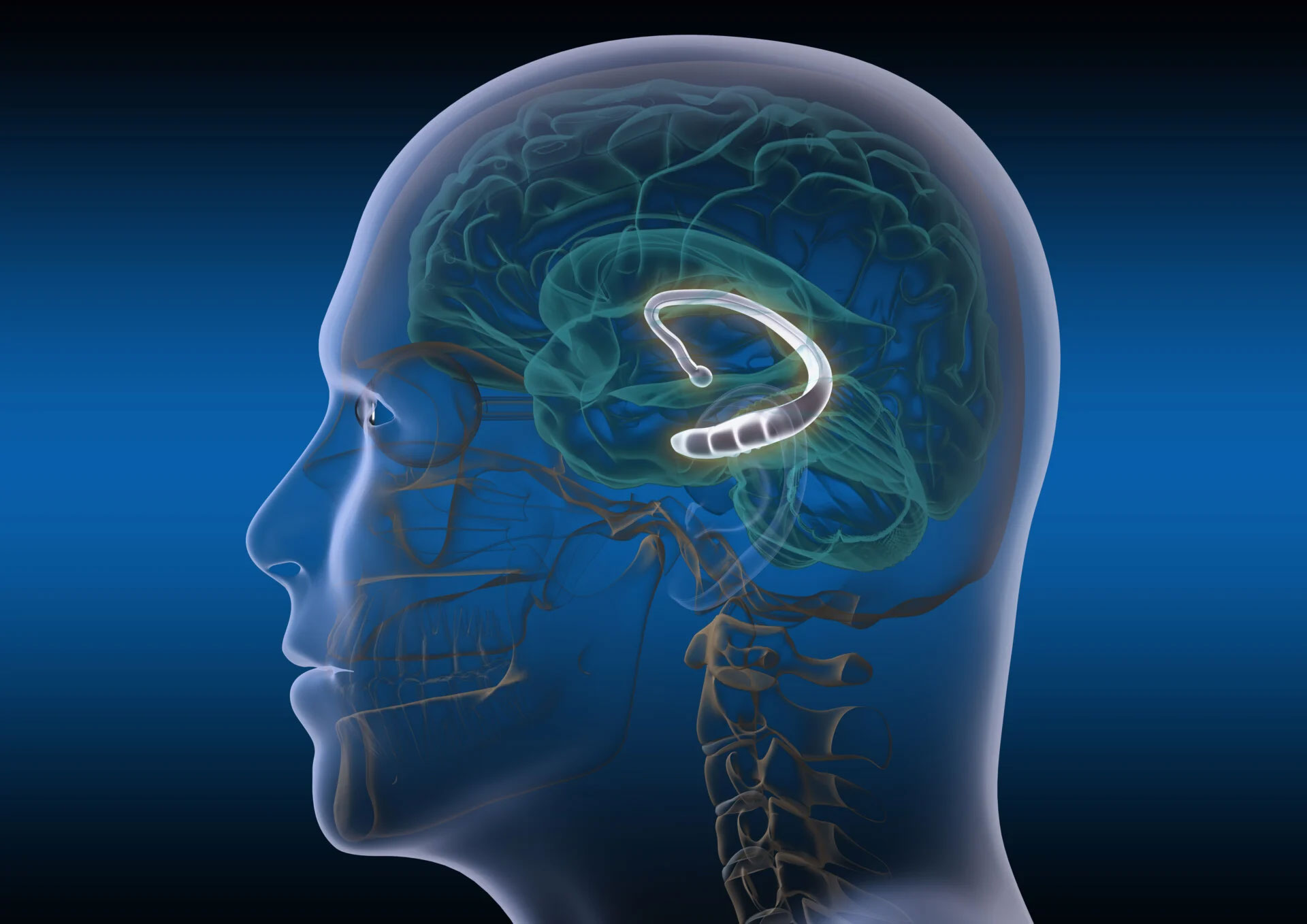
Trauma-induced alterations in the hippocampus highlight a significant intersection between physiological and psychological health concerns. The shrinking of the hippocampus due to PTSD not only affects memory recall but also interferes with the ability to form and store new memories. This can compound the distress experienced by individuals with PTSD, as the struggle with memory impairs daily functioning, adds to anxiety, and exacerbates the isolation often felt by those with the condition. Furthermore, these memory-related issues reinforce the cycle of trauma by making it difficult to process and move past the traumatic events. Consequently, the question of whether PTSD causes memory loss becomes an essential consideration for both clinicians and researchers seeking effective therapeutic interventions. Understanding these changes in the brain could lead to novel strategies targeting memory enhancement and resilience, potentially paving the way for improved PTSD treatment outcomes..
Other Brain Regions Involved
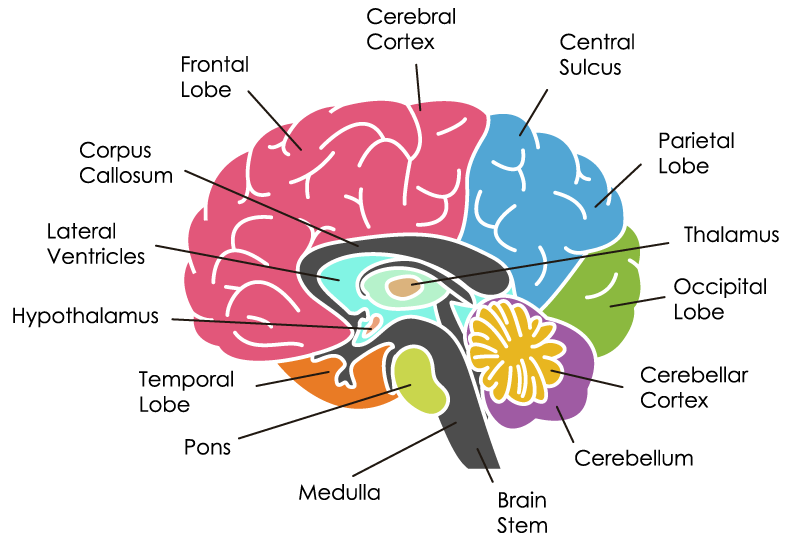
This intricate interplay between the hippocampus, prefrontal cortex, and amygdala elucidates the complex ways in which PTSD can disrupt memory functions. When the prefrontal cortex's capacity for executive functions, such as decision-making and attention regulation, is compromised, sufferers may experience difficulties concentrating and retaining new information, contributing to short-term memory challenges. Concurrently, the amygdala's role in amplifying fear-related memories can lead to an overemphasis on negative experiences, skewing the individual's memory landscape towards trauma and hindering the assimilation of new, positive experiences. This balance of memory processing not only affects how one recalls past events but also influences overall emotional well-being, creating a barrier to recovery by perpetuating a cycle where distressing memories overshadow the potential for healing and growth. Understanding these dynamics offers critical insights for developing targeted therapies aimed at restoring cognitive balance and fostering resilience in individuals with PTSD..
Complex PTSD And Memory Issues
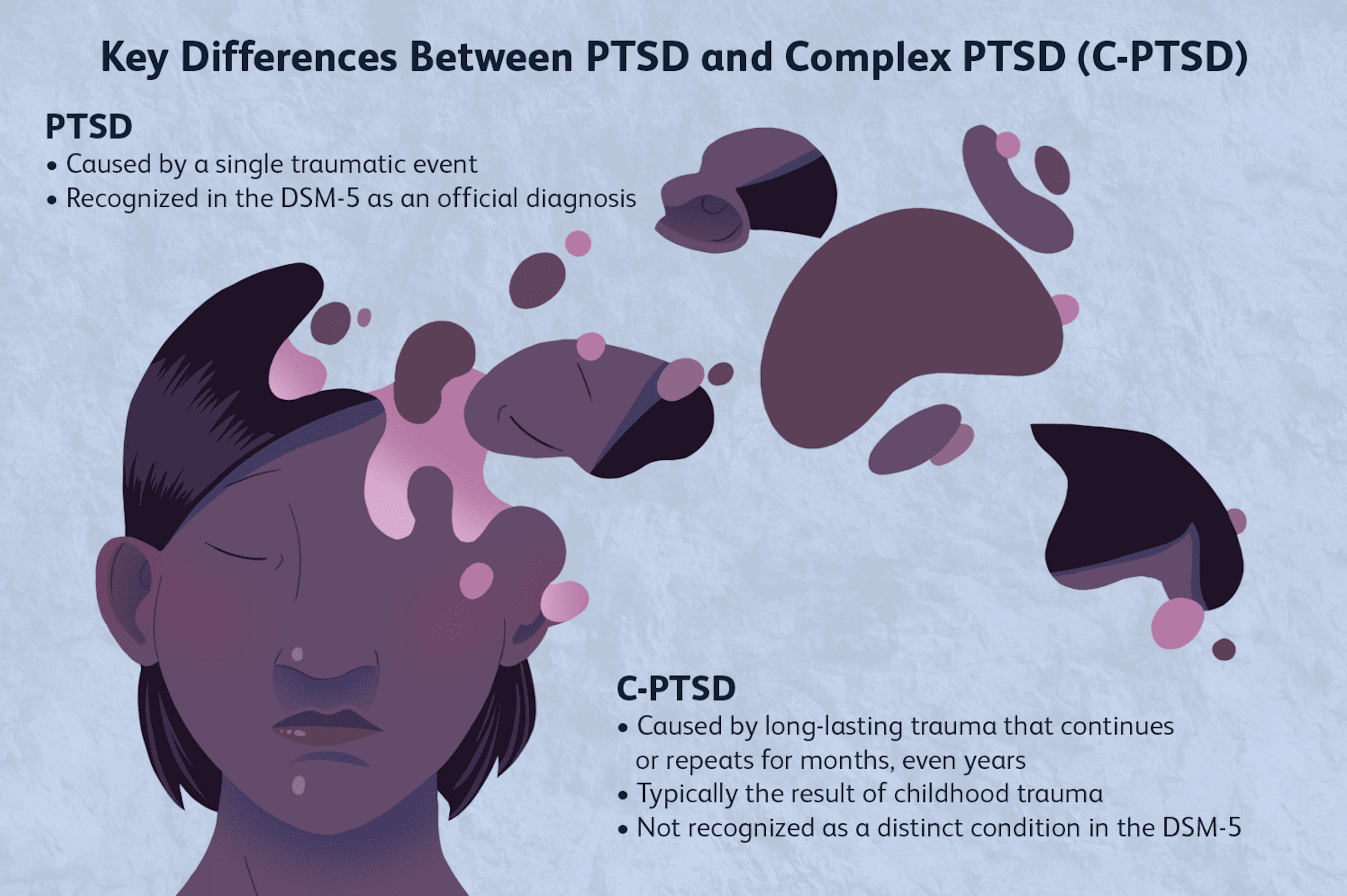
Complex PTSD, characterized by its intricate web of symptoms due to prolonged exposure to trauma, can significantly intensify memory loss issues in sufferers. Unlike the memory disruptions typically associated with PTSD, complex PTSD can lead to more severe and enduring forgetfulness, profoundly affecting an individual's cognitive functions. This deepened relationship between complex PTSD and memory loss showcases how chronic trauma can result in more pronounced neurological implications. As such, affected individuals might struggle with everyday recall, often finding it challenging to remember recent conversations, manage daily tasks, or even retain new information. This cognitive decline not only underscores the harsh reality of living with complex PTSD but also emphasizes the critical need for specialized therapeutic interventions that address both the emotional and cognitive ramifications of sustained trauma exposure..
PTSD And Short-Term Memory

In addition to impacting short-term memory, PTSD can also interfere with other cognitive functions such as attention and concentration. Those struggling with PTSD may experience difficulties in focusing on tasks at hand, leading to a sense of frustration and decreased productivity in both personal and professional settings. This cognitive overload can further exacerbate feelings of anxiety and stress as individuals strive to manage daily responsibilities while their minds remain partially tethered to the past trauma. Consequently, simple tasks like following a recipe or completing a work assignment may become overwhelming challenges. It is important for individuals dealing with PTSD to seek appropriate therapeutic interventions that address these cognitive disruptions, thereby fostering an environment where healing and improved cognitive functioning can occur..
Impact On Daily Life

These therapeutic approaches not only address the core symptoms of PTSD but also play a crucial role in enhancing cognitive functions and emotional regulation. By engaging in cognitive-behavioral therapy, individuals learn to reframe negative thought patterns and develop healthier coping mechanisms, which can alleviate stress and improve interpersonal interactions. Meanwhile, mindfulness techniques teach individuals to stay grounded in the present, reducing anxiety and enhancing concentration and memory retention over time. This dual approach fosters a supportive environment where individuals can rebuild their confidence and competence, ultimately leading to better job performance and stronger personal relationships. As understanding of PTSD and memory loss evolves, tailored interventions can offer hope and tangible improvements for those striving to overcome these challenges..
Pathways To Recovery
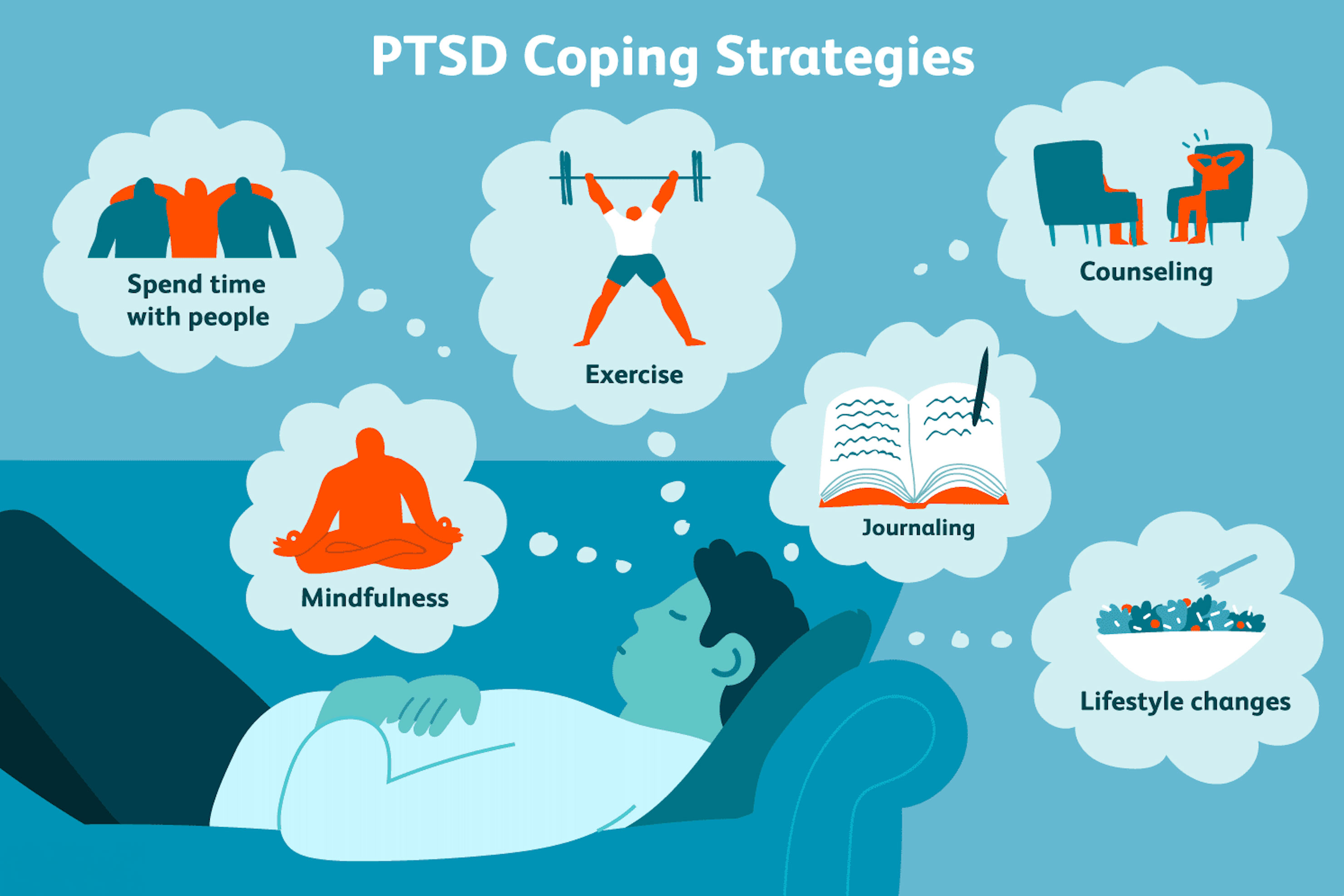
While memory loss is a troubling symptom, understanding its connection to PTSD opens avenues for intervention. Therapeutic options are available that focus on reducing trauma-related distress and improving cognitive functions. Addressing PTSD memory problems not only alleviates forgetfulness but also contributes to better emotional and psychological well-being. Various interventions, such as cognitive-behavioral therapy (CBT) and eye movement desensitization and reprocessing (EMDR), are tailored to address the unique challenges posed by PTSD-related memory issues. These therapies work by helping individuals reprocess traumatic memories, thereby lessening their emotional impact and enhancing cognitive clarity. Additionally, mindfulness and stress-reduction techniques can be employed to promote a greater sense of presence and awareness, aiding in the recovery of memory function. By embarking on a comprehensive treatment journey, those affected by PTSD can not only conquer memory problems but also experience enhanced mental resilience and a renewed ability to engage fully with life..
Treatment And Improvement

Experts emphasize the importance of tailoring treatment plans to meet the unique needs of each individual suffering from PTSD and related memory issues. Psychotherapy, such as cognitive-behavioral therapy or eye movement desensitization and reprocessing, plays a crucial role in helping patients process trauma and reframe their thoughts. Medications, including selective serotonin reuptake inhibitors, can alleviate symptoms of anxiety and depression, ultimately contributing to improved cognitive function. Lifestyle modifications, such as implementing regular exercise routines, practicing mindfulness, and maintaining a balanced diet, are essential in fostering mental resilience and overall well-being. Additionally, building a strong support network, whether through family, friends, or support groups, provides a sense of community and understanding, which is invaluable in the healing journey. By integrating these various elements, individuals are empowered not only to manage symptoms but also to thrive in spite of them, achieving a better quality of life..
Understanding the link between PTSD and memory loss reveals the profound impact trauma can have on cognitive functioning. Although the memory challenges faced by those with PTSD are significant, with appropriate treatment and support, individuals can reclaim their memory functions and improve their quality of life. Awareness and proactive management of PTSD memory impairment are crucial for those affected, enabling them to lead fulfilling lives.


